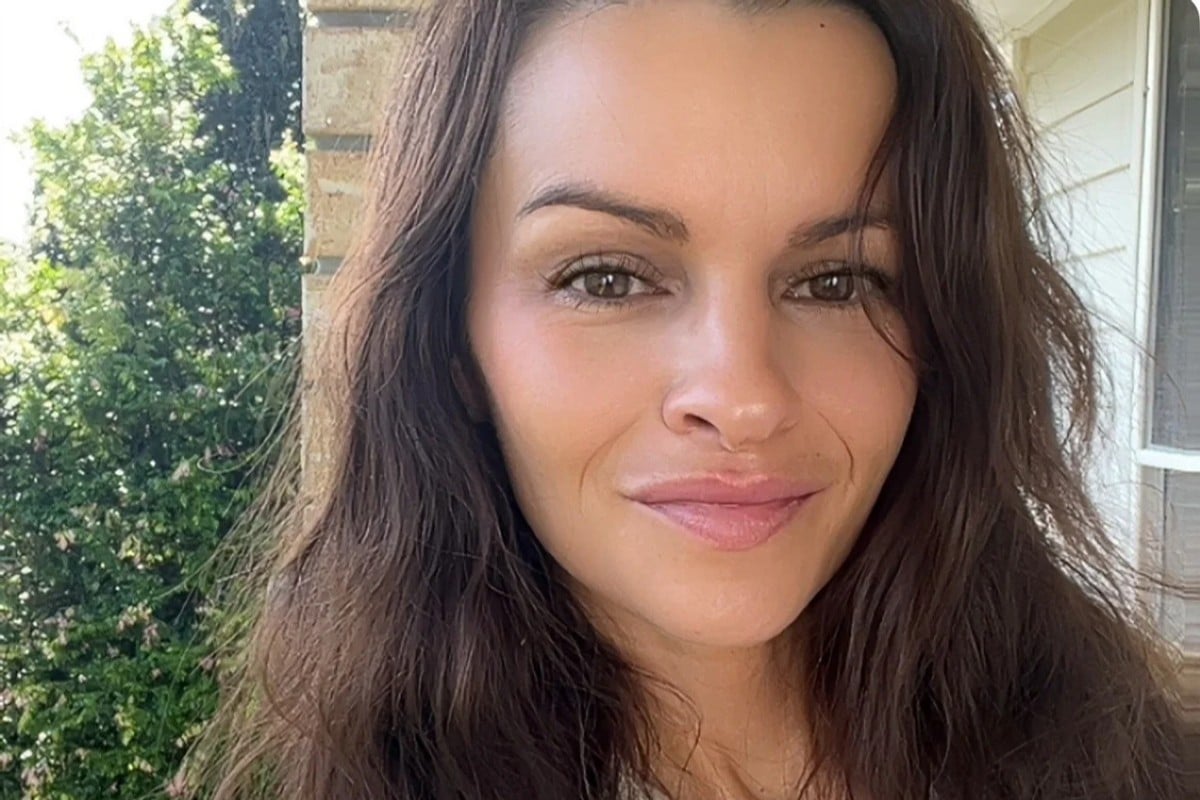
If you want to support independent women's media, become a Mamamia subscriber. Get an all-access pass to everything we make, including exclusive podcasts, articles, videos and our exercise app, MOVE.
Last year, my life imploded overnight. At least, that's how it felt. In reality, there had been signs of the impending eruption, but I'd naively dismissed them as the 'tik-tok' of the clock instead of the breaking point that was coming.
To be honest, though, even if I'd identified the ticking sound for what it was, nothing could have prepared me for the reach of the eruption, or the extent of its collateral damage.
I was away on a work trip, enjoying the beauty of a solo holiday for the first time in more than a decade, when I took the call from my son.
From that moment on, hour after hour, day after day, came revelation upon revelation — each one shattering my world a little more.
Watch: Happiness Is Easier To Attain Than You Think. Post continues below.
The sort of revelations that meant my life would never be the same. That meant the life I'd known for the years prior was a façade, and I would have to build a new one. The repeating cycle of shock, hurt and fear left me feeling like a roly-poly doll being knocked flat over and over again.





























































































